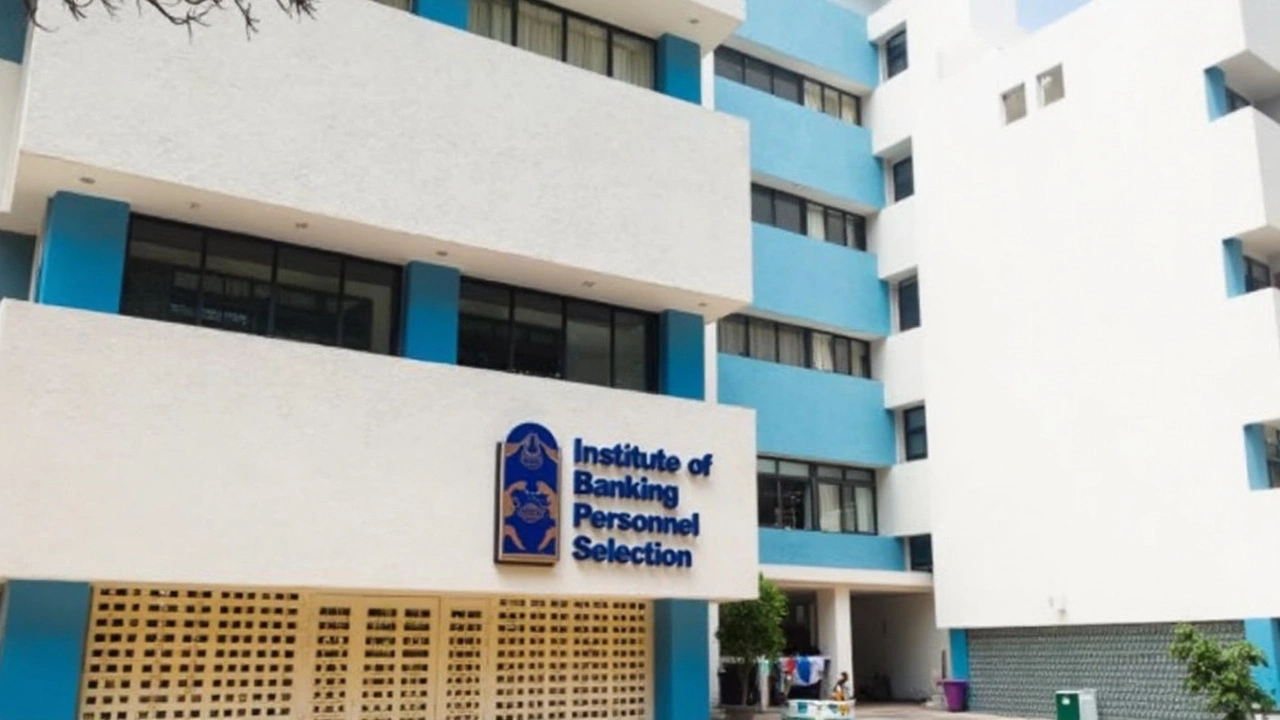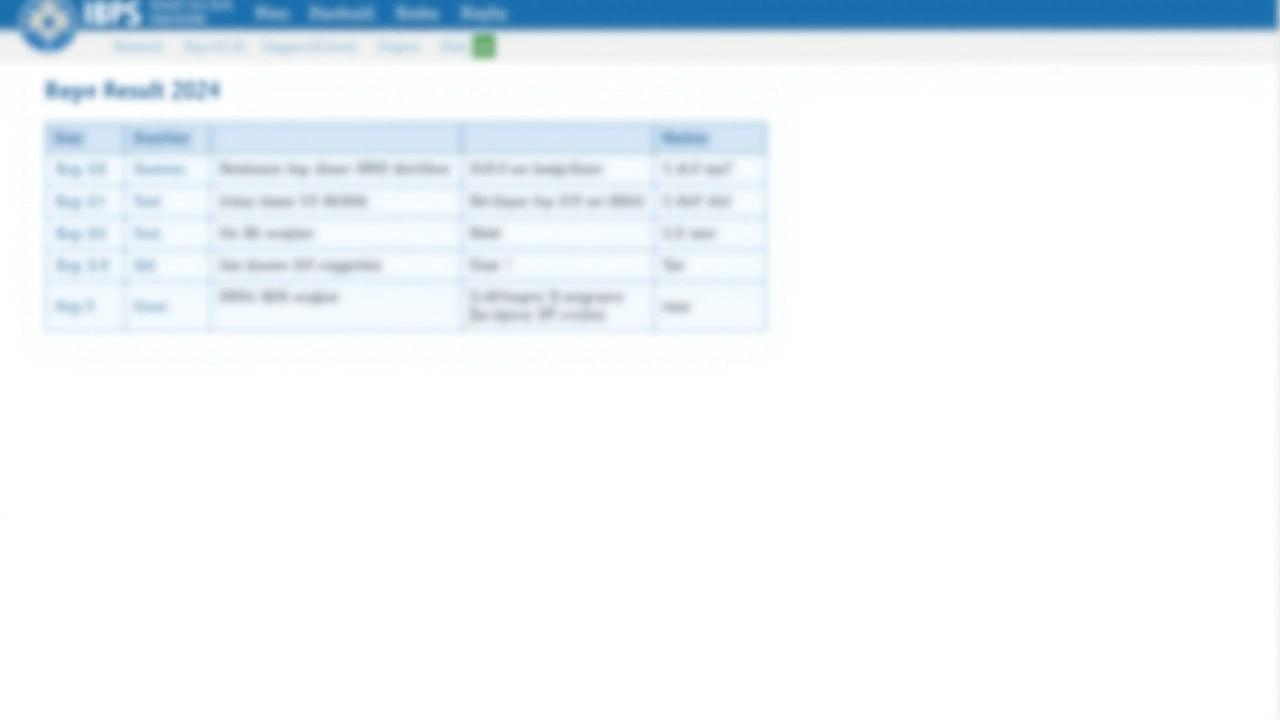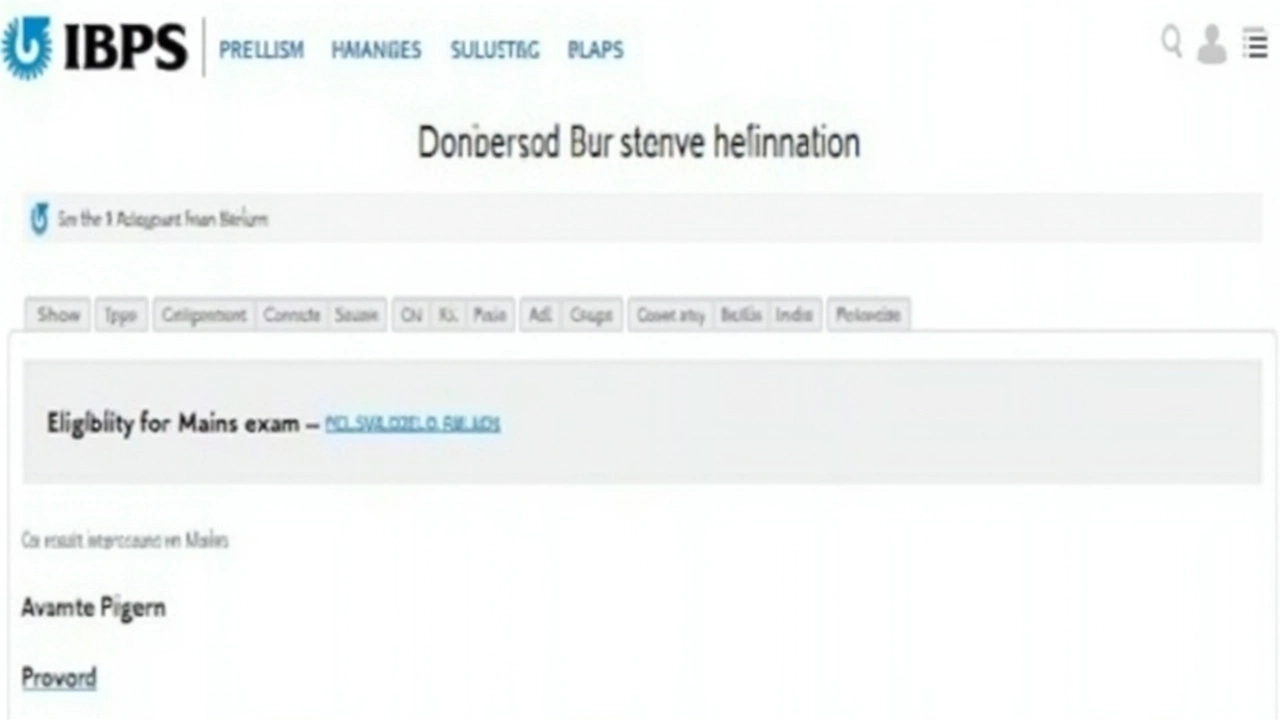Banking Jobs – Your Guide to Landing a Finance Career
If you’re scrolling through job sites and see a banking advertisement, you’re not alone. Thousands of people want a stable job with good pay, and banks keep hiring for many roles. From tellers to analysts, the sector offers entry‑level positions and senior posts. This guide will show you how to spot the right opening, prepare for the tests, and submit a strong application.
How to Prepare for Banking Exams
Most government and many private banks use a written exam to filter candidates. The test usually covers three areas: reasoning, quantitative ability and English. Start by downloading the latest syllabus from the bank’s website. Then, set a study schedule that gives you at least an hour a day for each section.
Reasoning questions test your logic. Practice puzzles, data interpretation and syllogisms. For quantitative ability, focus on percentages, profit‑loss, time‑work and basic algebra. Use a calculator only for checking; you’ll need to do most calculations on paper.
English in banking exams is about grammar, vocabulary and comprehension. Read short news articles every day and note down unfamiliar words. Try to summarize each paragraph in your own words – that helps with the reading‑comprehension part.
Mock tests are a must. Take a full‑length test every weekend and review every mistake. Timing is a big factor, so learn to move quickly without sacrificing accuracy. If you can’t afford a coaching center, many free YouTube channels and online forums share solved papers and tips.
Where to Find the Best Bank Vacancies
Bank job listings appear on official bank portals, government recruitment boards and popular job aggregators. Bookmark the careers page of the banks you like – State Bank of India, Punjab National Bank, HDFC, ICICI and Axis all update their openings weekly.
Government banking jobs are advertised on the Employment News and the Staff Selection Commission website. Private banks often post on their LinkedIn pages, so keep your profile up‑to‑date and follow the companies you’re interested in.
Don’t ignore regional banks and cooperative banks. They usually have fewer applicants and can be a good stepping stone. Look for local newspapers that publish a “Banking Jobs” section every Monday.
When you find a vacancy, read the eligibility criteria carefully. Some banks require a specific degree, while others accept any graduate. Note the age limits, as many exams have a cut‑off at 30 years.
Finally, tailor your resume for each application. Highlight any internships, customer‑service experience or finance‑related coursework. Keep the format clean: name, contact, education, work experience, and a short “profile” paragraph that mentions your interest in banking.With the right preparation and a focused job search, you can move from scrolling to interviewing in a few weeks. Stay consistent, use the resources above, and you’ll increase your chances of landing a banking job that fits your goals.



